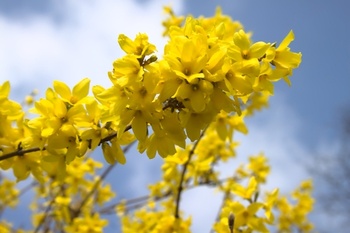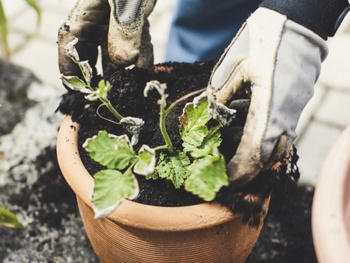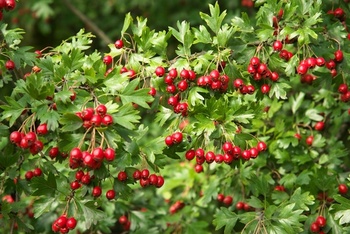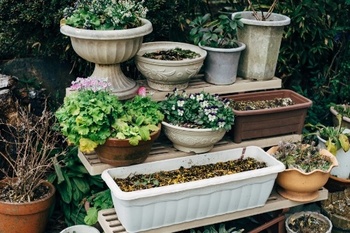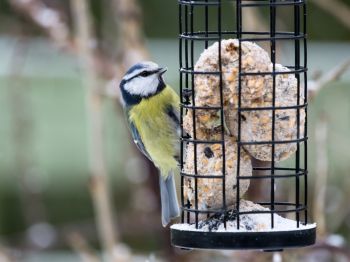
Winter can be a tough time for garden birds. It’s cold, food is scarce, and they use up much of their energy reserves just keeping warm. Our garden birds need all the help they can get at this time of year, so here are a few things you can do to make life easier for them.
What to feed birds in winter
Providing food is one of the best ways to help birds survive the winter. Once you start feeding, it’s important to keep your feeders topped up. If birds know that food is available, they’ll visit often, and an empty feeder means precious energy reserves spent on a wasted journey.
High energy foods are best at this time of year. Sunflower hearts and nyjer seeds are both high in the saturated fats that birds need to boost their stored energy reserves. Unsalted peanuts are also a popular choice, as are suet balls. But do make sure you buy peanuts that are suitable for birds, as some can contain a chemical that is toxic to them. And remember to take suet balls out of their mesh bags to avoid birds getting their feet caught in the netting.
Birds also need daily access to water in winter, both for drinking and to keep their feathers clean and waterproof. This can be a problem when everything is frozen over, so a top tip to keep your birdbath from freezing is to float a ping-pong ball in it. The ball moves about in even light breezes, disturbing the surface of the water and making it less likely to freeze. In very icy weather, you may still need to defrost birdbaths with some warm water.
Winter shelters for birds
Many garden shrubs provide shelter for birds in winter, so if you’re planning on planting, look for bird-friendly options. Evergreen hedges of privet or laurel are good for shelter, and berry-bearing shrubs like rowan, holly and cotoneaster provide a welcome source of winter food for birds. And don’t be too quick to rip down mature ivy – it’s a popular winter roosting spot for many small birds, and the berries are high in energy-giving fats.
From bird feeders and baths to bird-friendly plants, you’ll find everything you need in our centre to help you care for your garden birds this winter.

